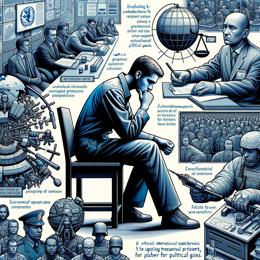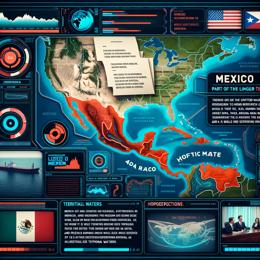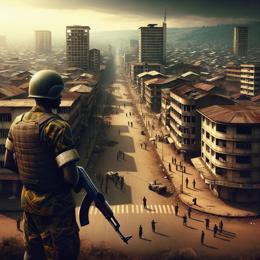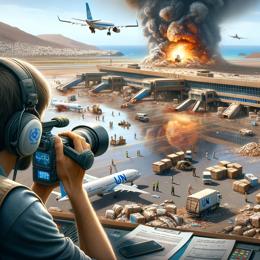Picture: for illustration purposes
Israel Intensifies Ground Offensive in Gaza; Hamas Responds with "Full Force"
The conflict in Gaza has escalated as Israel heightens its air and ground attacks while Hamas vows to respond with "full force". Israel announced on Saturday that its troops are maintaining their position in the Palestinian area, which marks a significant shift from its earlier brief incursions.
The Israeli military, which began its aggressive blitz on Friday night, is striving to dismantle Hamas militants suspected for killing 1,400 Israelis on October 7. Rear Admiral Daniel Hagari backed up these actions on Saturday morning, revealing, "The forces are still in the field and continuing the war."
By Saturday morning, Gaza found itself in a severe communication crisis, with internet and telephone services disrupted for more than 12 hours. The Palestinian Red Crescent Society and telecom firms are attributing this blackout to Israeli bombardments.
However, Hagari also suggested some respite amidst the intensifying strife by permitting trucks laden with food, water, and medicine to enter Gaza on Saturday. This move hints at a temporary halt to bombings at least near its border with Egypt, which has been receiving some aid.
The blackout has raised serious concerns for the World Health Organisation (WHO) with its head, Tedros Adhanom Ghebreyesus, stating that it's "making it impossible" to aid the injured or offer them safe shelter. He voiced his worries on X, the platform formerly known as Twitter, lamenting that the WHO staff and health facilities could not be contacted.
Hamas, meanwhile, has reported clashing with Israeli troops near the Israeli border. The military disclosed that Israeli forces are expanding their operations along with extensive airstrikes targeting Hamas-linked tunnel network and other infrastructure.
The al-Qassam brigades, the armed wing of Hamas, have warned that they are "fully prepared to confront the aggression with full force and thwart the incursions", intimating a prolonged bout of unrest in the region.










